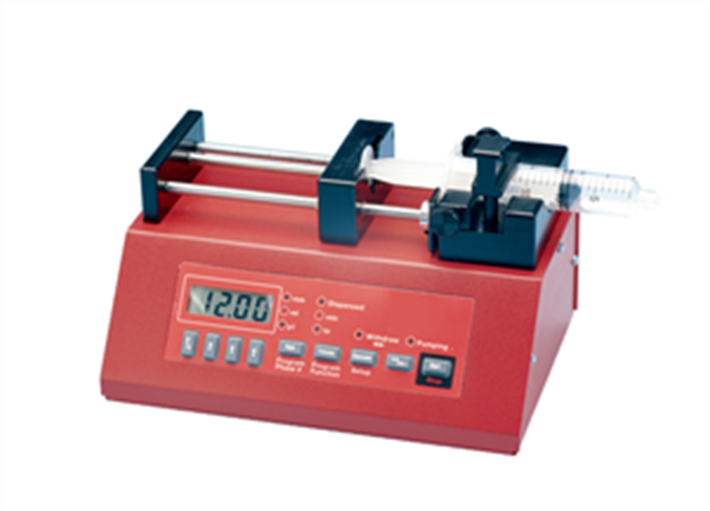
What is GxP?
GxP is a collective term for various quality and regulatory practices that ensure the integrity, reliability, and quality of data, products, and processes in regulated industries, including pharmaceuticals, biotechnology, and medical research. GxP includes guidelines like these:
- Good Laboratory Practice (GLP) applies to non-clinical laboratory studies in areas like pharmaceuticals, chemicals, and environmental research
- Good Clinical Practice (GCP) governs standards for clinical studies involving people
- Good Manufacturing Practice (GMP) safeguards the production and quality control of pharmaceuticals, medical devices, and food safety
- Good Distribution Practice (GDP) controls the distribution and storage of pharmaceuticals
- Good Storage Practice (GSP) establishes the proper storage conditions of raw materials, components, and end products to ensure quality and prevent contamination
- Good Tissue Practice (GTP) is designed to control the handling, processing and storage of human tissue used in research or transplants
Compliance with GxP guidelines is crucial for research laboratories, because it helps to guarantee the validity of findings, ensures product safety, and meets regulatory requirements established by authorities such as the U.S. Food and Drug Administration (FDA), the European Medicines Agency (EMA), and other global regulatory bodies.
GxP is essential in research laboratories for maintaining the accuracy and reproducibility of experimental data. Beyond guaranteeing regulatory compliance and ensuring data integrity, GxP streamlines processes and documentation management, improvers operational efficiency and facilitates audits. At the heart of GxP is the ultimate goal. It mitigates risks to ensure patient safety and guarantee a quality product.
GxP Guarantees Regulatory Compliance & Ensures Data Integrity
| In regulated industries such as pharmaceuticals, biotechnology, and clinical research, adherence to GxP (Good "X" Practice) guidelines is essential to maintaining quality, safety, and compliance. These regulations ensure that research findings, manufacturing processes, and clinical trials meet rigorous standards set by regulatory agencies worldwide. Without proper compliance, organizations risk facing legal consequences, financial losses, and reputational damage. Implementing GxP compliance software and specialized laboratory equipment is a critical step in helping laboratories streamline processes, maintain accurate records, and uphold data integrity. This article explores how GxP guarantees regulatory compliance and ensures data integrity, two fundamental aspects of high-quality scientific research and product development. |  |
Guarantee Regulatory Compliance
GxP is vital in research laboratories because regulatory compliance is critical. Regulatory agencies require laboratories to provide verifiable and traceable documentation of their processes, data collection methods, and quality assurance measures. GxP compliance software helps organizations meet the requirements of regulatory bodies including the FDA, EMA, or WHO by streamlining processes, maintaining accurate records, and enabling efficient audits.
Non-compliance with GxP regulations can result in severe consequences, such as regulatory fines, legal actions, or the rejection of research findings by regulatory authorities. In the case of pharmaceutical and biotech companies, failure to comply with GxP guidelines can delay drug approvals, leading to financial losses and setbacks in bringing new therapies to market.
Tools like the EVOM Auto Automated TEER Measurement System with its GxP module support compliance by ensuring that TEER measurements are accurately recorded, securely stored, and fully traceable, reducing the risk of non-compliance during audits and regulatory reviews. [TEER measurement is a key indicator of cell barrier integrity in drug development and biomedical research.]
Ensure Data Integrity
GxP improves data integrity by ensuring that all research, manufacturing, and clinical processes follow standardized procedures that prevent errors, manipulation, or loss of data. GxP mandates secure data handling, audit trails, controlled access, and proper documentation practices to guarantee that data remains accurate, traceable, and reliable. This is crucial for regulatory compliance, reproducibility, and informed decision-making in research and product development.
The EVOM Auto Automated TEER Measurement System plays a crucial role in maintaining high-quality, reproducible TEER data, which is essential for evaluating drug permeability, toxicity, and transport mechanisms. When equipped with its GxP module, the system ensures that all data is collected in compliance with regulatory standards, helping laboratories maintain audit-ready documentation and avoid potential compliance risks. This makes it an invaluable tool for research institutions aiming to uphold data integrity while meeting the rigorous demands of regulatory agencies.
Summary
GxP plays a pivotal role in ensuring that laboratories and research organizations meet strict regulatory requirements while maintaining the integrity of their data. By enforcing standardized procedures, secure data handling, and audit-ready documentation, GxP compliance software and specialized equipment like the EVOM Auto help organizations avoid non-compliance risks, improve operational efficiency, and accelerate market approvals. As regulatory expectations continue to evolve, investing in robust GxP practices and technology solutions will remain essential for organizations aiming to achieve scientific excellence, regulatory approval, and global market success.




Request
Catalogue
Chat
Print